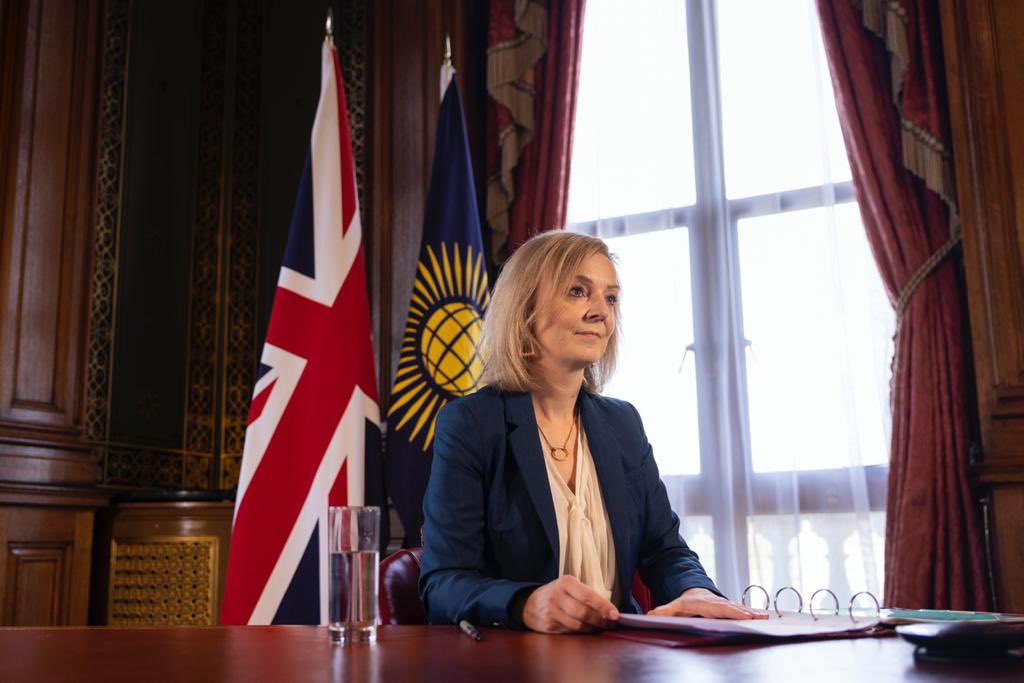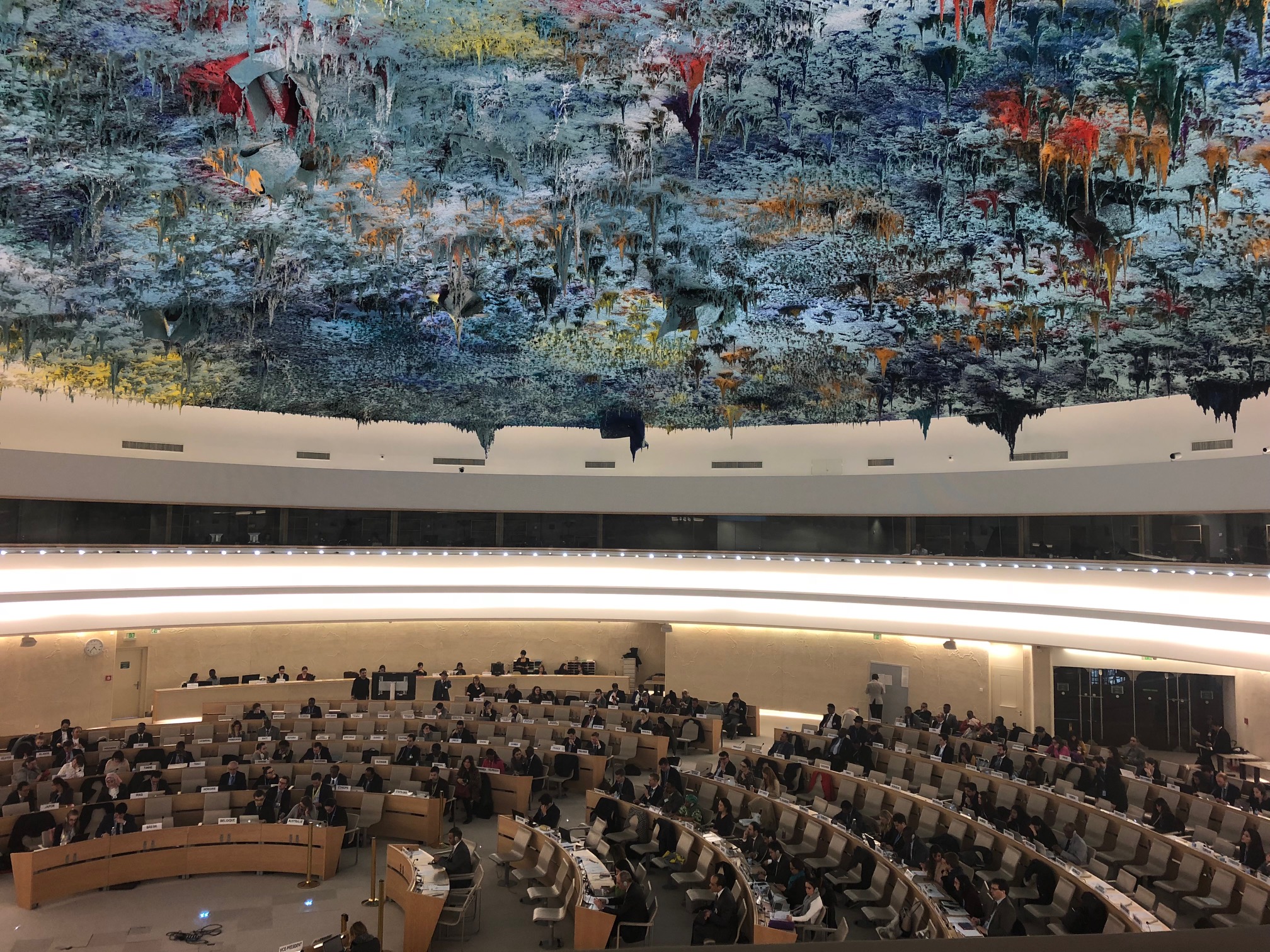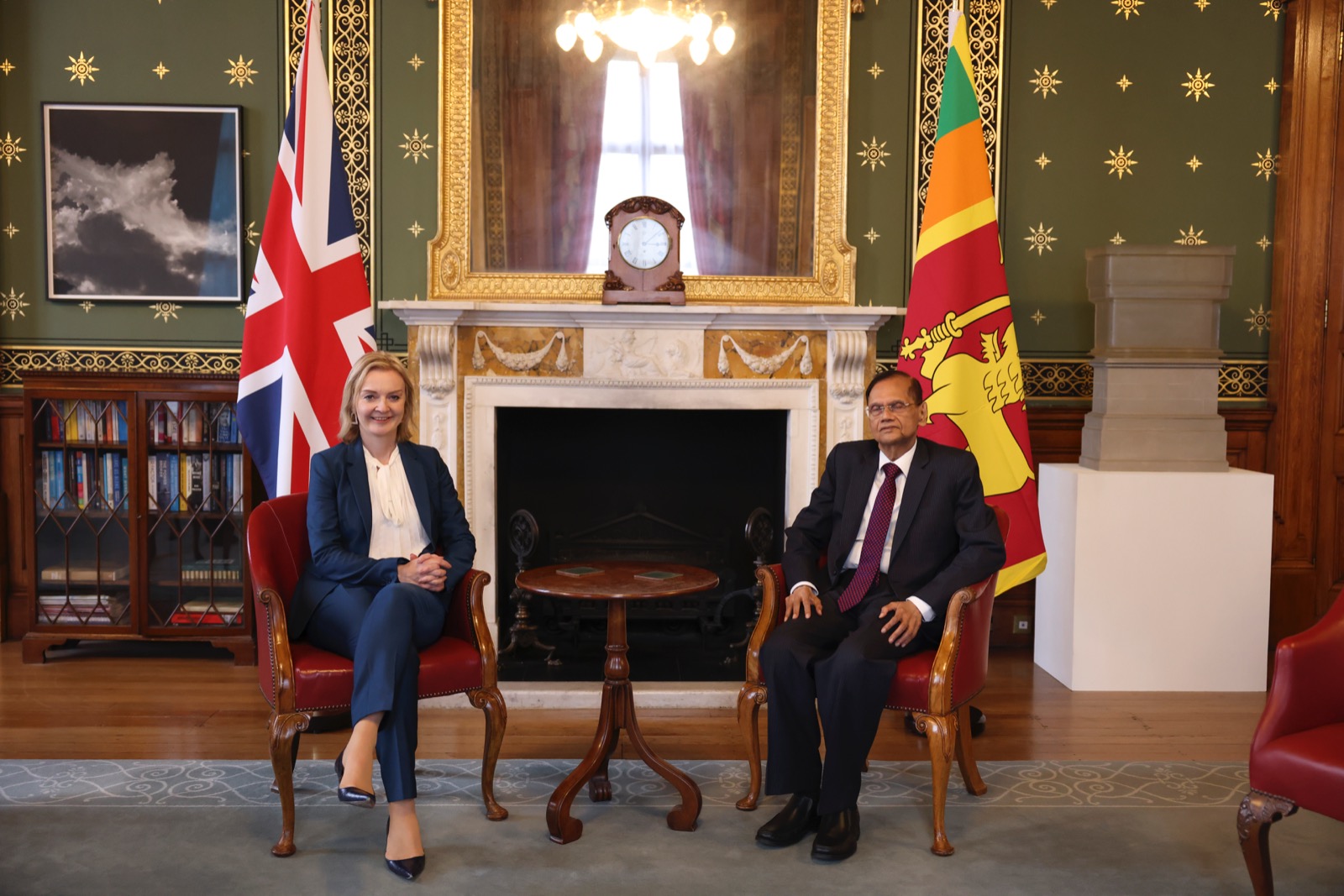
Following a tense leadership contest, Elizabeth Truss (Liz Truss) has been announced Britain’s new Prime Minister securing 81,326 votes compared to Rishi Sunak's 60,399.
Ahead of the leadership contest, Truss reaffirmed her commitment to justice in Sri Lanka telling a conference of British Tamil Conservatives;
“I am determined to stand up for human rights and ensure proper reconciliation, justice, and accountability”.
Read more here: Liz Truss reaffirms her commitment to reconciliation, justice and accountability in Sri Lanka
UN Human Rights Council
Her appointment comes in advance of the 51st session of the UN Human Rights Council session where there is a growing demand for Sri Lanka to be referred to the International Criminal Court and for sanctions on senior Sri Lankan officials implicated in war crimes.
Truss’s predecessor, Boris Johnson, faced sharp criticism over the weaknesses of the previous UN Human Rights Council resolution, which mandated for the collection of evidence that may be used in a future war crimes tribunal. Tamil activists lambasted the resolution as simply a “time-buy exercise” that failed to hold Sri Lankan war criminals to account.
Read more here: Boris Johnson – A look at his record on Sri Lanka and British Tamils
Writing to Johnson last year, leader of the UK Liberal Democratic party Ed Davey slammed the proposed resolution on Sri Lanka at the UN Human Rights Council which had been drafted with British input, stating it “completely fails to rise to the challenge” and called for Sri Lanka to be referred to the International Criminal Court.
Former UK Shadow Minister for Asia and the Pacific Stephen Kinnock also criticised the then-proposed UN resolution and questioned why the government’s review of its Global Human Rights sanctions regime did not include “a single senior Sri Lankan government minister, official or military officer”.
“It is beyond doubt that the Sri Lankan government and military will continue to deny, delay and evade accountability,” said Kinnock, who said the UK “owes it to the victims and survivors of the atrocities that have taken place in Sri Lanka to ensure that it rises to the occasion and shows the moral courage and leadership that is so urgently needed”.
It remains to be seen what Britain, as a leading figure of the Core Group, will emphasis during the UN human rights session.
A network of liberty
As foreign secretary, Truss set for her vision of building a “network of liberty around the world, telling Chatham House that:
“Free enterprise economies, based on individual liberty and democracy are the ones that succeed because those are the home for new ideas”.
During her speech, she discussed the newly announced Developing Countries Trade Scheme which seeks to remove trade barriers and “will focus on providing women and girls with the freedom they need to succeed”. She further emphasised that “it will ensure our development policies support our belief in freedom and democracy”.
In late August, Britain’s High Commissioner to Sri Lanka announced that UK’s new Developing Countries Trading Scheme (DCTS) will bolster Sri Lanka’s economy without commenting on the country’s dire human rights record. This comes as the European Union has stressed the need for Sri Lanka to uphold its commitments under the GSP+.
Last October, Truss faced criticism for meeting with Sri Lanka’s foreign secretary, where she emphasised "boosting economic ties", "deepening trade and investment links", and "strengthening security ties".
Opposition MPs slammed the foreign secretary describing the meeting as “simply appalling” for not raising the issue of human rights. The mention of "strengthening security ties" has raised particular alarm, with Police Scotland coming under increased scrutiny for its role in providing training to Sri Lankan police officers.
In August, Human Rights Watch called upon Sri Lanka's international partners to cease engagement with "abusive law enforcement agencies". In their report, they detailed ongoing abuses, including arbitrary detention, torture, and extrajudicial killings.
“'Britain's new Prime Minister has a unique opportunity to show the world what British leadership means. It remains to be seen whether she put human rights over profit,” a Tamil activist told the Tamil Guardian.


